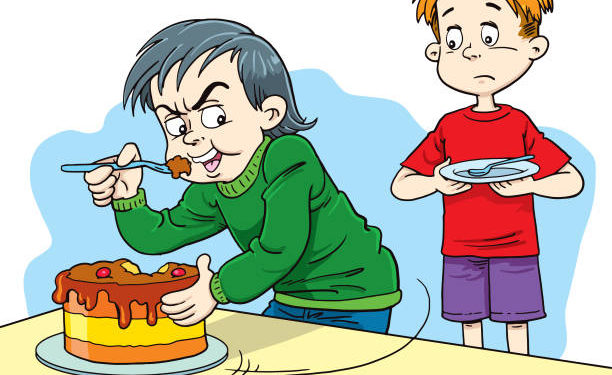A man’s greatest moral failure is not just the harm he inflicts upon others but the cold, calculated indifference that allows suffering to exist unchecked. In a world where every individual is bound by the invisible threads of society, the refusal to acknowledge responsibility for another’s well-being is not just cowardice—it is an unforgivable crime against humanity itself. Yet, history and modern life are rife with individuals who, when confronted with the consequences of their own selfishness, retreat behind a wall of arrogance, responding with the callous deflection: “Am I responsible for anyone but myself?”
The answer is as obvious as it is haunting. Society does not thrive on the strength of isolated individuals but on the collective effort of those who recognize that their neighbor’s suffering is their own. The essence of civilization is built upon the principle that one must not simply avoid harming others but must also intervene when injustice rears its head. The moment a man absolves himself of this duty, he begins the slow decay into moral decay and cruelty. He convinces himself that the suffering of others is neither his burden nor his concern. He numbs himself to the cries of the vulnerable, hardening his heart against the very fabric that holds humanity together—compassion.
Throughout history, the most despicable atrocities were not carried out solely by tyrants and executioners but by the silent masses who turned away, who shrugged their shoulders, who whispered, “Not my problem.” Genocide, slavery, oppression—all these were fueled not just by the wickedness of a few but by the apathy of many. The bystander who watches a crime and does nothing is not innocent; he is an accomplice. The worker who sees his colleague suffer under exploitation and remains silent is not guiltless; he is complicit. The citizen who witnesses injustice and refuses to speak out does not merely fail in courage; he betrays the very essence of humanity.
The greatest deception in modern society is the illusion of individualism—this corrosive idea that man is only responsible for himself. Those who preach this doctrine with pride, who wrap themselves in self-righteous declarations of personal freedom, are the very architects of moral collapse. No one exists in isolation. Every life is interwoven with countless others, and the moment one severs that bond in the name of self-interest, the descent into chaos begins.
Yet, responsibility is not merely about refraining from harm. It demands action. To be truly human is to be the guardian of those around us—to challenge cruelty, to stand against corruption, to defend the weak against the strong. It requires an unshakable resolve to confront even those who wield power unjustly, to call out those who prey upon the vulnerable, to ensure that those who exploit others are exposed and held accountable. To do otherwise is not simply cowardice—it is moral treason.
Many argue that the burden of responsibility is too heavy, that one cannot carry the weight of the world upon their shoulders. But this is an excuse woven by those who fear the demands of true justice. The question is not whether one person can change the world but whether one can live with themselves knowing they refused to try. The soul of society depends on those who recognize that indifference is the seed of every great evil.
So, let no one utter the words, “Am I responsible for another?” with arrogance or defiance. The only response to such a question is this: To reject responsibility is to embrace decay. To ignore suffering is to invite destruction. And to claim that one is not bound by the lives of others is to deny the very essence of what it means to be human.







Discussion about this post